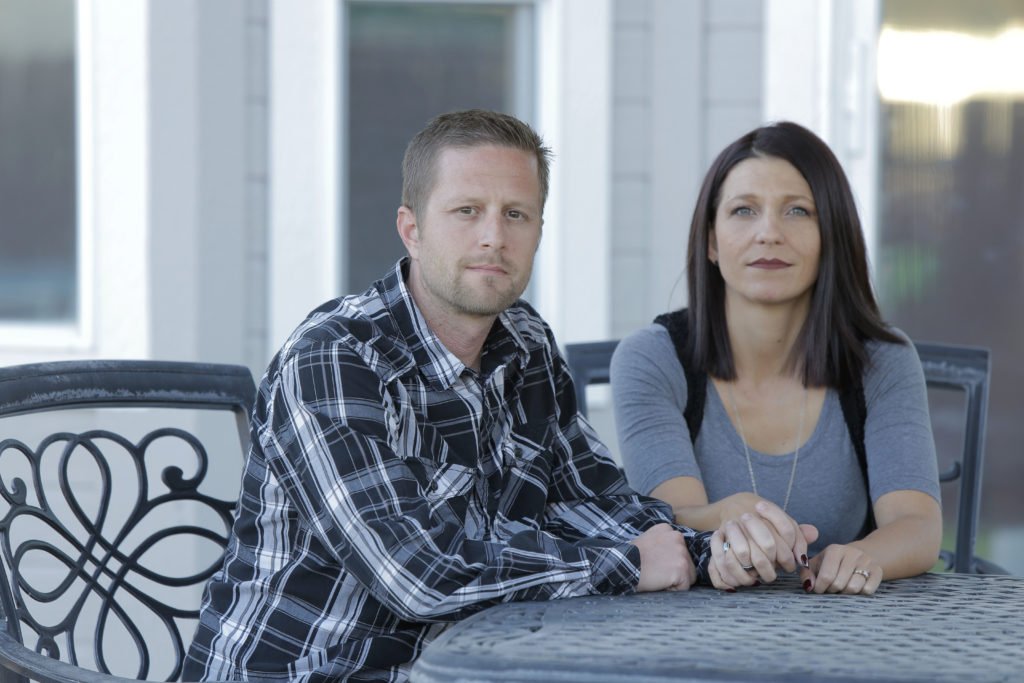1/ In the wake Hurricane #Harvey, reporter @neenareports set out to understand how 14,000 homes got built *inside* two Houston reservoirs. revealnews.org/episodes/the-t…
2/ More specifically, why had the Army Corps of Engineers allotted 50 square miles to flood – but only bought 38 square miles?
3/ People live in those other 12 square miles, after all. And about 5,000 of their homes flooded during #Harvey.
4/ But do residents know they live in the middle of a reservoir? @neenareports put that question to Richard Long, from the Army Corps of Engineers. His answer:
5/ Realtor Sam Chaudhry doesn’t know he’s sold more than 50 homes that are *actually inside* a reservoir. @neenareports asks him to read a county document she found proving it:
6/ Then, she met up with Steve Costello, Houston’s “flood czar.” Here’s how that exchange went ...
7/ Costello pleads ignorance. Except here's the thing: It was actually Costello’s private engineering firm that approved plans for some of the troubled developments.
Neena brought that up, of course.
Neena brought that up, of course.
8/ They go back and forth for a bit, and Costello finally says he doesn’t want to look backward. And anyway, county governments are responsible for this mess, too.
9/ OK. Fair enough. On to the county government!
Neena caught up with Bob Hebert, the top elected official in Fort Bend County, Texas.
And she “brought receipts,” as the kids say ...
Neena caught up with Bob Hebert, the top elected official in Fort Bend County, Texas.
And she “brought receipts,” as the kids say ...
10/ Bob Hebert accused Neena and @TexasTribune of not paying attention to this issue until #Harvey hit. But, actually, @neenareports has had her eye on it for quite awhile …
11/ In a collaboration with @propublica, she and @KiahCollier wrote about it in December of 2016. texastribune.org/boomtown-flood…
12/ They also took a close look at the integrity of two massive dams near Houston. texastribune.org/2017/08/29/q-w…
13/ Since #Harvey, local officials have requested $6 Billion from Congress to buy out and demolish homes in the reservoirs. There’s no telling if it’ll ever be approved.
14/ Meanwhile, people keep buying homes in the flood zone.
15/ Like this story? Then you'll definitely like The Weekly Reveal newsletter, too.
Get it here: revealnews.org/newsletter
Get it here: revealnews.org/newsletter
• • •
Missing some Tweet in this thread? You can try to
force a refresh





